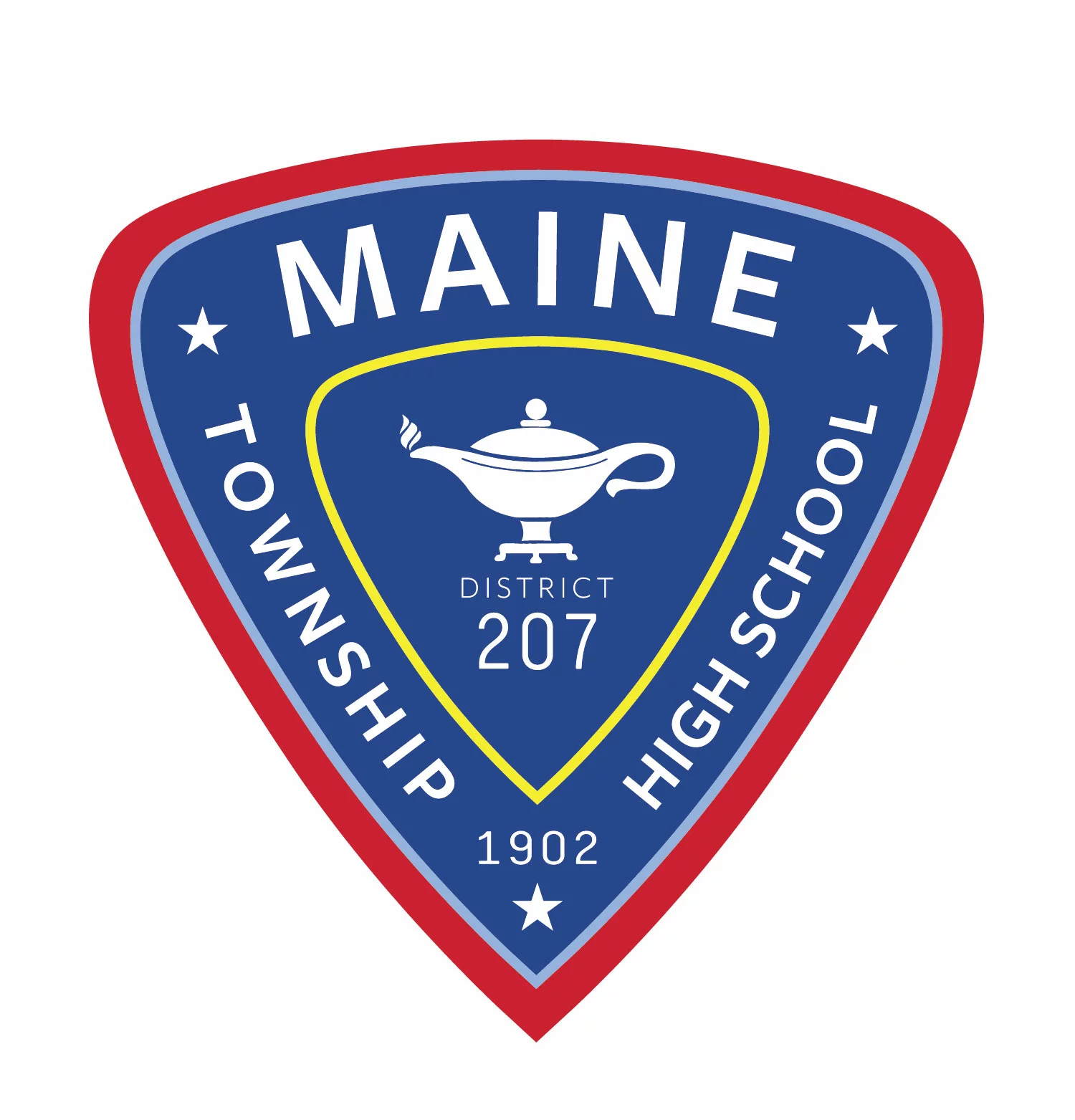COMPETENCIES
The Developing Professional Responsibilities pathway includes adult learning competencies that focus on professional responsibilities.
The pathway focuses on developing an understanding of one’s own role as an individual in the school system.

I can reflect on my practice, from planning to implementation, and can articulate how and why I am making decisions to best serve students both academically and social-emotionally.
See Alignments BelowI seek out learning opportunities, both in and out of D207, to increase my knowledge and skills and apply what I have learned to my practice.
See Alignments BelowI care for the social and emotional needs of my students, my colleagues and myself.
See Alignments BelowI approach interactions with all stakeholders in a manner that respects the integrity of individuals and actively seeks to eliminate bias.
See Alignments BelowI can understand the different roles and responsibilities of all school personnel and services and their contributions to school wide efficacy.
See Alignments BelowALIGNMENTS
Vision
Learner inquires about and questions content at a deep and personal level.
Learning progressions are based on student interest and are adapted to meet individual student needs.
Learners can articulate their personal learning journey using routine reflective practices
Foundational learning outcomes have broad application across multiple disciplines and are clearly connected to essential skills required for success in life.
The school culture acknowledges the wants, needs, and goals of individuals and systemically supports their pursuit.
The school culture supports the belief that learning occurs in a multitude of settings and through a multitude of modalities that are centered around the preferences of students.
Failure is accepted as a necessary part of the learning process.
Learning is a social activity.
The school culture fosters a sense of belonging and acceptance.
Areas of Focus
Framework for Professional Practice
Demonstrating Flexibility and Responsiveness
Showing Professionalism
Growing and Developing Professionally
Participating in the Professional Community
Reflecting on Teaching and Practice
Managing Student Behavior
Creating an Environment of Respect and Rapport
Maintaining Accurate Records to Support communication with families
Managing routines, procedures and physical space
Using Questioning and Discussion Techniques
Demonstrating Knowledge of Students
Using Assessment in Instruction/Practice
Designing Assessments
Demonstrating Knowledge of Resources
Demonstrating Knowledge of Content and Pedagogy
Engaging Students
Communicating with Students
Establishing a Culture and Climate for Learning
Designing Coherent Instruction/Services
Setting goals and outcomes
Vision
Learner inquires about and questions content at a deep and personal level.
Learning progressions are based on student interest and are adapted to meet individual student needs.
Learners can articulate their personal learning journey using routine reflective practices
Foundational learning outcomes have broad application across multiple disciplines and are clearly connected to essential skills required for success in life.
The school culture acknowledges the wants, needs, and goals of individuals and systemically supports their pursuit.
The school culture supports the belief that learning occurs in a multitude of settings and through a multitude of modalities that are centered around the preferences of students.
Failure is accepted as a necessary part of the learning process.
Learning is a social activity.
The school culture fosters a sense of belonging and acceptance.
Areas of Focus
Framework for Professional Practice
Demonstrating Flexibility and Responsiveness
Showing Professionalism
Growing and Developing Professionally
Participating in the Professional Community
Reflecting on Teaching and Practice
Managing Student Behavior
Creating an Environment of Respect and Rapport
Maintaining Accurate Records to Support communication with families
Managing routines, procedures and physical space
Using Questioning and Discussion Techniques
Demonstrating Knowledge of Students
Using Assessment in Instruction/Practice
Designing Assessments
Demonstrating Knowledge of Resources
Demonstrating Knowledge of Content and Pedagogy
Engaging Students
Communicating with Students
Establishing a Culture and Climate for Learning
Designing Coherent Instruction/Services
Setting goals and outcomes
Vision
Learner inquires about and questions content at a deep and personal level.
Learning progressions are based on student interest and are adapted to meet individual student needs.
Learners can articulate their personal learning journey using routine reflective practices
Foundational learning outcomes have broad application across multiple disciplines and are clearly connected to essential skills required for success in life.
The school culture acknowledges the wants, needs, and goals of individuals and systemically supports their pursuit.
The school culture supports the belief that learning occurs in a multitude of settings and through a multitude of modalities that are centered around the preferences of students.
Failure is accepted as a necessary part of the learning process.
Learning is a social activity.
The school culture fosters a sense of belonging and acceptance.
Areas of Focus
Framework for Professional Practice
Demonstrating Flexibility and Responsiveness
Showing Professionalism
Growing and Developing Professionally
Participating in the Professional Community
Reflecting on Teaching and Practice
Managing Student Behavior
Creating an Environment of Respect and Rapport
Maintaining Accurate Records to Support communication with families
Managing routines, procedures and physical space
Using Questioning and Discussion Techniques
Demonstrating Knowledge of Students
Using Assessment in Instruction/Practice
Designing Assessments
Demonstrating Knowledge of Resources
Demonstrating Knowledge of Content and Pedagogy
Engaging Students
Communicating with Students
Establishing a Culture and Climate for Learning
Designing Coherent Instruction/Services
Setting goals and outcomes
Vision
Learner inquires about and questions content at a deep and personal level.
Learning progressions are based on student interest and are adapted to meet individual student needs.
Learners can articulate their personal learning journey using routine reflective practices
Foundational learning outcomes have broad application across multiple disciplines and are clearly connected to essential skills required for success in life.
The school culture acknowledges the wants, needs, and goals of individuals and systemically supports their pursuit.
The school culture supports the belief that learning occurs in a multitude of settings and through a multitude of modalities that are centered around the preferences of students.
Failure is accepted as a necessary part of the learning process.
Learning is a social activity.
The school culture fosters a sense of belonging and acceptance.
Areas of Focus
Framework for Professional Practice
Demonstrating Flexibility and Responsiveness
Showing Professionalism
Growing and Developing Professionally
Participating in the Professional Community
Reflecting on Teaching and Practice
Managing Student Behavior
Creating an Environment of Respect and Rapport
Maintaining Accurate Records to Support communication with families
Managing routines, procedures and physical space
Using Questioning and Discussion Techniques
Demonstrating Knowledge of Students
Using Assessment in Instruction/Practice
Designing Assessments
Demonstrating Knowledge of Resources
Demonstrating Knowledge of Content and Pedagogy
Engaging Students
Communicating with Students
Establishing a Culture and Climate for Learning
Designing Coherent Instruction/Services
Setting goals and outcomes
Vision
Learner inquires about and questions content at a deep and personal level.
Learning progressions are based on student interest and are adapted to meet individual student needs.
Learners can articulate their personal learning journey using routine reflective practices
Foundational learning outcomes have broad application across multiple disciplines and are clearly connected to essential skills required for success in life.
The school culture acknowledges the wants, needs, and goals of individuals and systemically supports their pursuit.
The school culture supports the belief that learning occurs in a multitude of settings and through a multitude of modalities that are centered around the preferences of students.
Failure is accepted as a necessary part of the learning process.
Learning is a social activity.
The school culture fosters a sense of belonging and acceptance.
Areas of Focus
Framework for Professional Practice
Demonstrating Flexibility and Responsiveness
Showing Professionalism
Growing and Developing Professionally
Participating in the Professional Community
Reflecting on Teaching and Practice
Managing Student Behavior
Creating an Environment of Respect and Rapport
Maintaining Accurate Records to Support communication with families
Managing routines, procedures and physical space
Using Questioning and Discussion Techniques
Demonstrating Knowledge of Students
Using Assessment in Instruction/Practice
Designing Assessments
Demonstrating Knowledge of Resources
Demonstrating Knowledge of Content and Pedagogy
Engaging Students
Communicating with Students
Establishing a Culture and Climate for Learning
Designing Coherent Instruction/Services
Setting goals and outcomes
